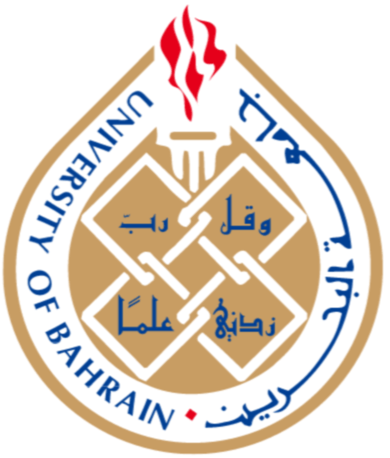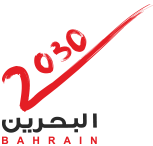NEWS
The Researcher Al-Jowder: The Model Provides a Framework for Measuring, Planning and Improving Smart City Initiatives A Study at UoB Designs a Model to Evaluate Smart City Implementation

Sakhir – University of Bahrain (Khadijah Abdusalem)
7 July 2023
A scientific study at the University of Bahrain (UoB) developed a model for evaluating the efficiency of smart city implementation, which is the first of its kind in terms of its comprehensiveness and ability to measure the maturity of smart cities, and to provide a framework for measuring, planning, and improving smart city initiatives.
The study was prepared by a student in the PhD program in the Environment and Sustainable Development at the College of Science at the University, Thajba Ebrahim Al-Jawder, in the thesis titled: “Developing a Maturity Model to Assess Smart City Implementation.”.
“Cities face many challenges in order to improve services and quality of life for citizens, ensure economic growth, and sustain resources. As cities invest in tools that help them become smarter, to face these ongoing challenges, in order to be sustainable and resilient.” Al-Jawder stated.
She also explained that the study is based on designing and building a model that measures the smart city’s maturity, by evaluating the progress and performance of the city in implementing smart solutions in the various functional areas, such as areas of focus based on the different dimensions of the smart city, such as governance, infrastructure, services, data, and the environment. Indicating that each area has levels of maturity, which describe the city’s capabilities and results at different stages of development.
Regarding the study benefits, the researcher stated that the research findings contribute to a better understanding of smart cities, their components, and how to measure them, pointing out that the developed model provides new research opportunities to study the impact of smart city initiatives in various areas related to city development.
Moreover, she said, “Cities from all over the world can use the model to assess their current level of performance, identify areas that need improvement, and prioritize initiatives to ensure that resources are allocated effectively and efficiently.”.
She continued, “Using the developed model as a unified model for measurement contributes to setting reference standards for comparison between cities and helps cities clarify the roles of stakeholders in development. In addition, using it helps to accelerate the progress of cities in sustainable development and the achievement of its goals, as the practices in the model are compatible with all sustainable development goals.”.
An examination committee discussed the researcher’s thesis recently, and the committee consisted of: Associate Professor at the Department of Information Systems, Dr. Haroon Abdullah Al-Riyalat, as an internal examiner, and Professor at the International Islamic Sciences University in the Hashemite Kingdom of Jordan, Prof. Dr. Samer Fawaz Al-Hawari, as an external examiner. While the study was supervised by: Associate Professor at the Department of Information Systems at UoB, Dr. Mazen Ali, as a supervisor, and Dr. Shera Kornia, Associate Professor at the College of Computing and Information Systems in University of Melbourne, Australia, as assistant supervisor.










